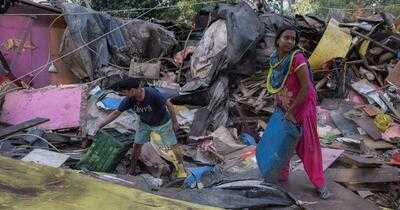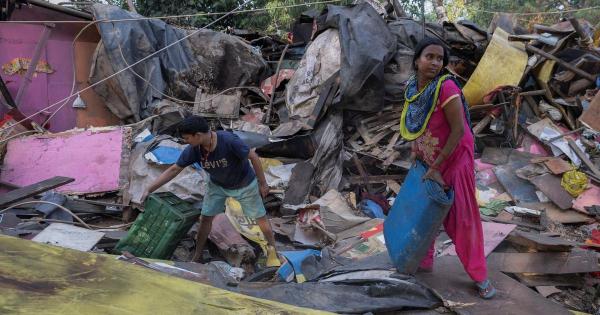

Over the past few weeks, Delhi has witnessed renewed demolition drives in informal settlements, prompted in part by a Delhi High Court order to clear encroachments along major drains. While authorities describe this as essential for monsoon preparedness, it raises pressing concerns about the urban systems shaping our cities.
Over 350 homes were cleared in Jangpura’s Madrasi Camp to restore the Barapullah drain, of which 155 families remain without resettlement. In Batla House, over 100 homes faced eviction. Even though residents claimed that they had not received adequate notice and that rehabilitation plans were unclear, theSupreme Court upheld the action.
Though framed as steps toward a flood-resilient, green city, these actions prompt deeper questions: whose vision of the city is being realised, and what governance gaps fuel the spread of informal settlements?
Systemic gapsIndia’s urbanisation is rapid and complex, often outpacing the housing and infrastructure capacities of cities. Informal settlements, home to nearly 17% of the urban population, reflect deeper structural challenges such as housing shortages, rural distress, and lack of affordable formal housing.
The Ministry of Housing and Urban Affairs estimated a shortfall of over 18 million housing units for the urban poor.
While unauthorised construction is a concern, responses must be anchored in fairness, predictability, due process, and legal safeguards. Judgments such asOlga...
Read more
-
Chessington fire LIVE: 'Close windows and doors' as 60 firefighters tackle blaze

-
Anne Hathaway leads A24's 'Mother Mary': What to expect

-
Live Aid: Queen's Brian and Roger hung with Charles and Di but not Freddie Mercury

-
R Madhavan defends Rehnaa Hai Tere Dil Mein from misogyny debate: 'Every Hindi film hero has slapped a woman on the set'

-
Bobby Darling says she is battling depression, seeks industry's support: 'I told Ektaa Kapoor shayad main Sushant ki tarah suicide kar loon'
